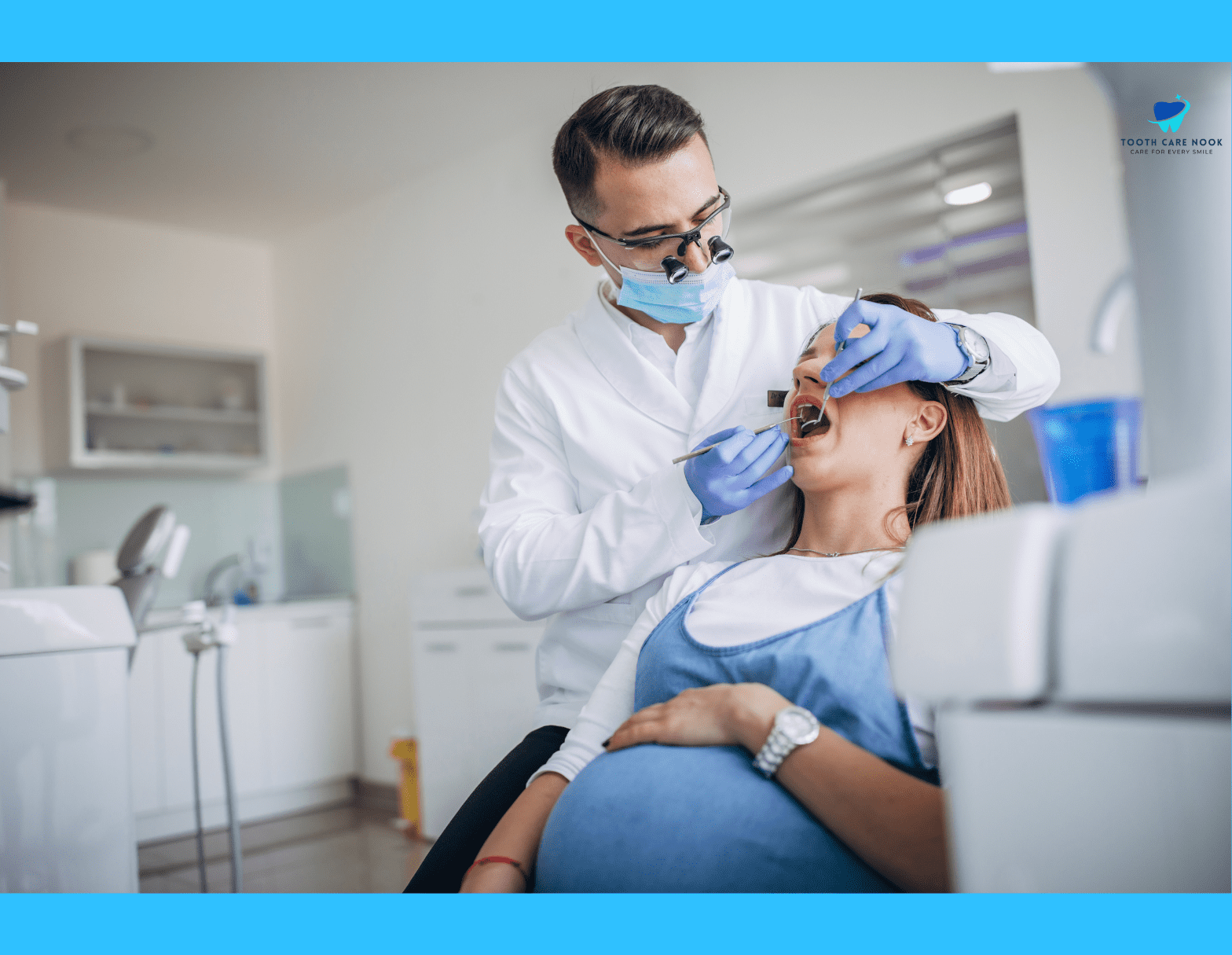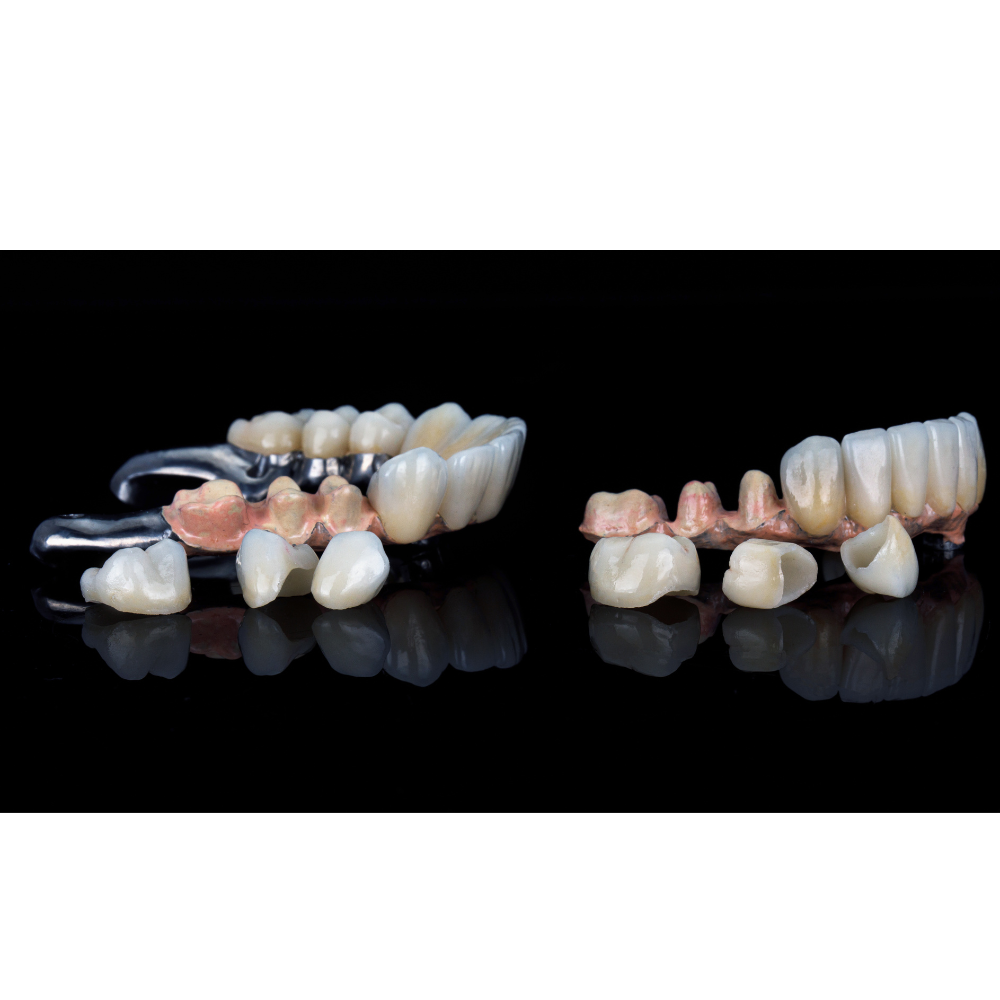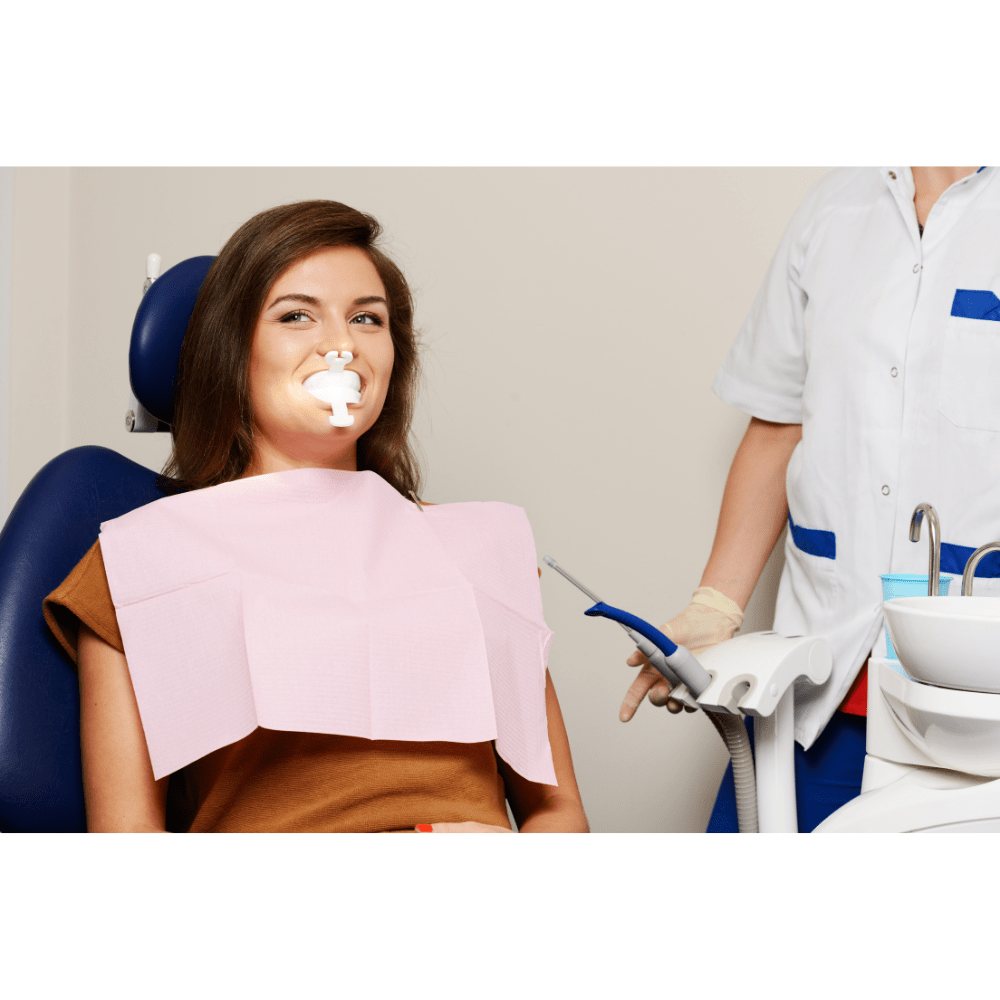Invisalign When Pregnant – Dental Treatment in Pregnancy
Dental treatment during pregnancy can present unique considerations for expecting mothers. Among the array of dental procedures, using Invisalign, a popular orthodontic treatment for straightening teeth, may raise questions and concerns for pregnant women. It offers a discreet and convenient alternative to traditional braces, but is it safe to pursue during pregnancy?
Here you will know the safety and considerations surrounding Invisalign treatment during pregnancy, empowering expecting mothers to make decisions about their dental care journey during this transformative period. The first thing you should know about Invisalign and pregnancy is how they relate.
How Invisalign and Pregnancy Are Related?
Invisalign and pregnancy are related in several ways, with maternal and fetal health considerations. Firstly safety is a primary concern. There is limited research specifically addressing the safety of Invisalign during pregnancy, but orthodontic treatments that involve the movement of teeth can potentially affect oral health and may need to be adjusted.
Hormonal changes during pregnancy can impact the oral cavity which leads to increased susceptibility to gum disease, gingivitis, and tooth mobility. This can affect the effectiveness and comfort of Invisalign treatment and requires close monitoring and potential modifications by dentists.
Invisalign When Pregnant | Is it Safe
Invisalign is generally considered safe for pregnant women by most orthodontists and dental professionals. However, certain steps need to be taken before you become pregnant. The digital scanning and x-rays necessary to create your custom aligner trays should be completed before pregnancy.
This is because, between two to eight weeks after conception, exposure to high doses of radiation from X-rays could potentially increase the risk of fetal growth restriction and birth defects. Therefore, if you’re planning to get pregnant and considering Invisalign treatment, it’s essential to undergo these scans and x-rays before conception.
Potential Issues That Can Occur Due to Invisalign During Pregnancy
Following are some potential issues that can occur because of Invisalign during pregnancy:
Hormonal Changes:
Pregnancy can cause significant hormonal changes in the body which potentially affects the alignment of your teeth and the effectiveness of Invisalign treatment. Fluctuations in hormone levels may lead to unpredictable tooth movements and necessitate adjustments to the treatment plan.
Gum Sensitivity:
Pregnant women commonly experience gum sensitivity and inflammation due to hormonal fluctuations, a condition known as pregnancy gingivitis. Wearing Invisalign aligners during this time may exacerbate discomfort and increase the risk of gum irritation or infection if proper oral hygiene practices are not maintained.
Dietary Changes:
Pregnancy often involves dietary mood swings which can impact Invisalign treatment. Cravings for certain foods may affect the ability to wear aligners as prescribed potentially leading to deviations from the treatment plan and compromised results.
Discomfort and Fatigue:
Pregnancy-related fatigue and discomfort may affect individuals’ ability to comply with wearing aligners for the recommended duration each day. Discomfort associated with pregnancy symptoms may also make wearing aligners more challenging or uncomfortable.
Morning Sickness:
Nausea and vomiting are common during the first trimester of pregnancy and can pose challenges for Invisalign wearers. Individuals may find it difficult to keep the aligners clean and may struggle with consistent wear if they frequently need to remove them due to nausea.
You can still keep your oral health optimal even after knowing about these potential issues of Invisalign during pregnancy, by incorporating the following caring tips into your routine:

Care Tips After Invisalign Procedure in Pregnancy
- Limit intake of caffeinated beverages to support oral health and fetal development. Excessive caffeine consumption during pregnancy can contribute to tooth staining and enamel erosion.
- Pregnancy hormones can sometimes cause dry mouth, which increases the risk of tooth decay and gum disease. Stay hydrated and consider using sugar-free gum or lozenges to stimulate saliva production.
- Practice stress management techniques such as deep breathing exercises or meditation to alleviate pregnancy-related stress which can impact oral health and overall well-being.
- Use a tongue scraper for your oral hygiene routine. It will help remove bacteria and debris from the tongue reduce the risk of bad breath and promote overall oral health.
- Use an alcohol-free mouthwash formulation to prevent drying out oral tissues and exacerbating pregnancy-related dry mouth symptoms.
- Avoid using toothpaste or harsh cleaning agents to clean Invisalign aligners, as these can scratch the surface and compromise their effectiveness. Rinse aligners with water only or use a mild, non-abrasive cleanser recommended by your orthodontist.
- Chew sugar-free gum which contains xylitol can help you stimulate saliva production neutralize acids in the mouth and reduce the risk of tooth decay and gum disease during pregnancy.
- Be mindful of eating habits and avoid prolonged snacking, especially on sugary or acidic foods. It will help you minimize the frequency of aligner removal and reduce the risk of dental issues.
Other Common Dental Problems During Pregnancy
Here are some common dental issues that can occur during pregnancy:
Pregnancy Gingivitis:
Hormonal changes, particularly increased levels of progesterone, can lead to pregnancy gingivitis. This condition is characterized by swollen, tender gums that may bleed during brushing or flossing.
Pregnancy Tumors:
Pregnancy tumors are also known as pyogenic granulomas on the gums. These non-cancerous growths typically appear as red, swollen lesions and can bleed easily. They are usually harmless.
Increased Tooth Sensitivity:
Pregnant women can experience heightened tooth sensitivity to hot, cold, or sweet stimuli. This sensitivity can be attributed to hormonal changes and may exacerbate existing dental issues such as decay or gum recession.
Cavities:
Morning sickness and frequent vomiting can expose teeth to stomach acid which further increases the risk of enamel erosion and cavities.

FAQs
When is Invisalign not appropriate?
Invisalign is not appropriate for individuals with severe malocclusions, complex bite issues, lack of compliance, active gum disease, extensive tooth extractions needed, young children, severe crowding, unrealistic expectations, or complex dental work.
Can Invisalign move baby teeth?
Yes, Invisalign can move baby teeth in certain situations. It is important to note that Invisalign treatment is mostly recommended for individuals with a full set of permanent teeth.
In some cases, orthodontists may use Invisalign aligners to guide the eruption of permanent teeth by gently shifting baby teeth into their correct positions. This approach is more common in older children and teenagers who still have some baby teeth present.
Do teeth get damaged during pregnancy?
No, teeth themselves do not get damaged during pregnancy. However, hormonal changes and lifestyle factors associated with pregnancy such as increased acidity from morning sickness or changes in dietary habits can potentially increase the risk of dental issues such as cavities or gum disease.
Do I need to tell the dentist I’m pregnant?
Yes, it is important to inform your dentist if you are pregnant. This allows the dentist to take necessary precautions and tailor your dental treatment plan to ensure the safety and well-being of both you and your baby.



